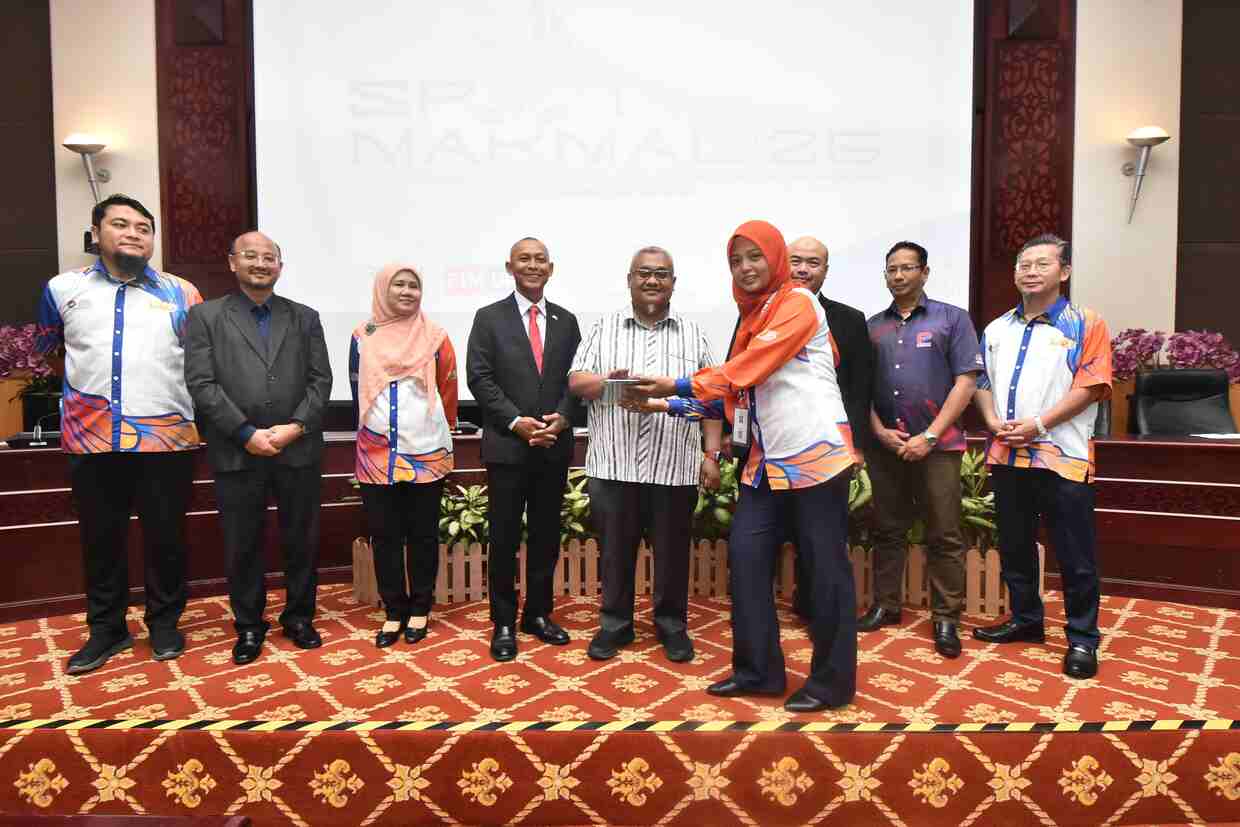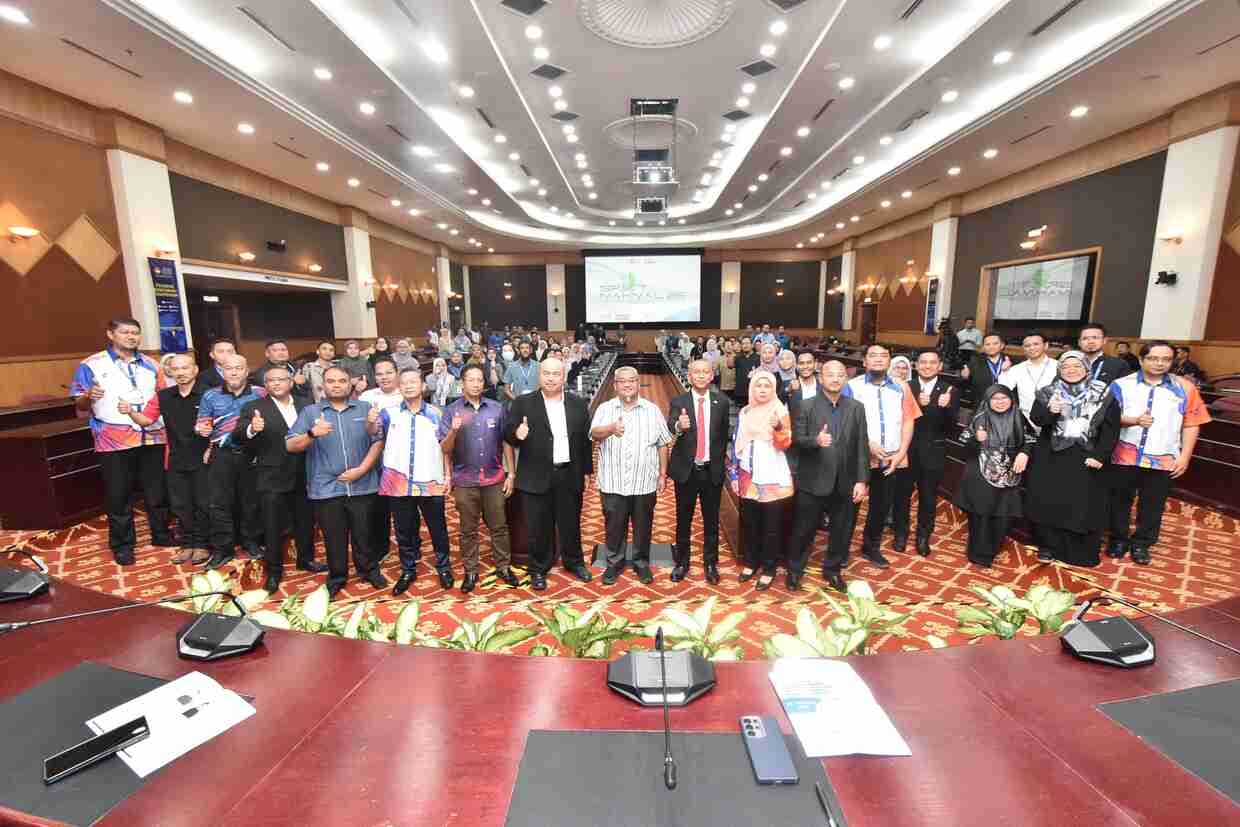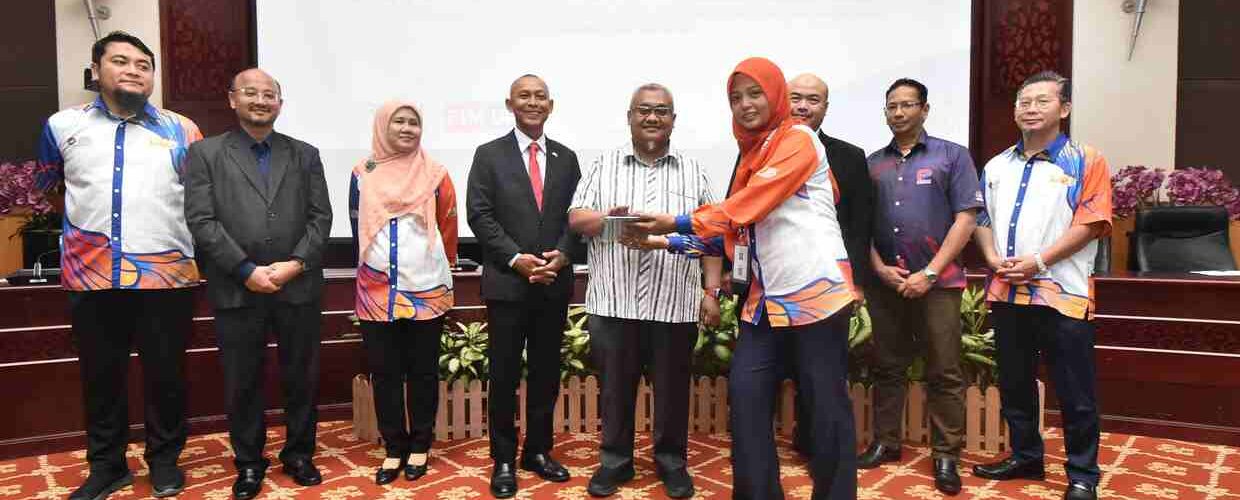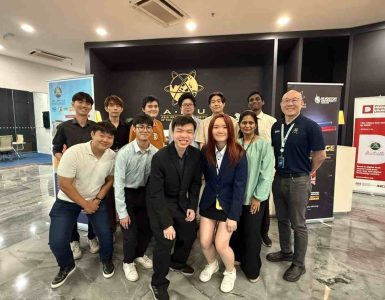The 2025 Laboratory and Workshop Occupational Safety and Health Best Practices Sharing Seminar (SPAT MAKMAL 2025) has emerged as a key platform to cultivate a stronger safety culture across higher education institutions, especially in high-risk laboratory and workshop environments.
Held at the Convention Hall of UPSI’s Sultan Abdul Jalil Shah Campus, the two-day seminar gathered researchers, science officers, lab supervisors, and management representatives to share knowledge on best practices in managing occupational safety and health (OSH).

Safety is not optional
Board Member of Universiti Pendidikan Sultan Idris (UPSI), Tuan Mohd Zaidi Aziz, who officiated the seminar, stressed that OSH is not solely a technical matter but must be deeply embedded through education, training, and role-modelling of safe behaviour.
“Laboratories and workshops are key centres for the advancement of knowledge and technology. However, they are also high-risk environments that involve hazardous chemicals, rotating machinery, and complex processes that could lead to accidents if not managed with proper controls or best practices,” he said.
He highlighted statistics from the Department of Occupational Safety and Health (DOSH), which continue to show recurring incidents such as chemical exposure, fires, and machinery-related injuries — even within educational and research settings.
He said the seminar was timely in aligning best practices and reinforcing compliance with occupational safety and health (OSH) standards.
Improving training modules

The seminar covered a wide range of topics including chemical handling, laboratory waste disposal, safe lab design, and the promotion of healthy work cultures.
Tuan Mohd Zaidi expressed confidence that the knowledge shared would help institutions strengthen internal policies and develop more effective training programmes.
“I believe today’s sharing session will contribute to the development of stronger internal policies and more relevant training modules aimed at making laboratories and workshops safer and more efficient,” he said.
Safety-first culture
UPSI Deputy Vice-Chancellor (Student Affairs and Alumni), Professor Dr. Norkhalid Salimin, said the seminar played a dual role — not only as a knowledge-sharing platform but also as a strategic step toward building a comprehensive and excellent OSH culture.
“The theme of this programme – ‘The Importance of Safety in Laboratories and Workshops for Educational Institutions, Industry, and Research Bodies’ – was chosen to underscore the critical need for workplace safety, particularly in high-risk environments,” he said.
He cautioned that even minor negligence can result in serious consequences, not just for individuals but also for the institutions they serve.
“Today, safety is no longer optional; it is an absolute necessity to ensure the well-being of personnel and the continuity of productive and ethical operations,” he added, stressing the need for close collaboration between academia, research bodies, and industry to sustain safety culture.
Also present at the seminar were Professor Dr. Haniza Hanim Mohd Zain, Director of UPSI’s Risk, Occupational Safety and Health Division (ROSH); Professor Dr. Mohd Faizal Nizam Lee Abdullah, Dean of the Faculty of Science and Mathematics; Shahrul Nizam Ahmad, Director of Risk Management at Universiti Utara Malaysia (UUM); and Professor Dr. Mohd Izwan Shahril, Director of UPSI’s Corporate Communication Division.












Add comment